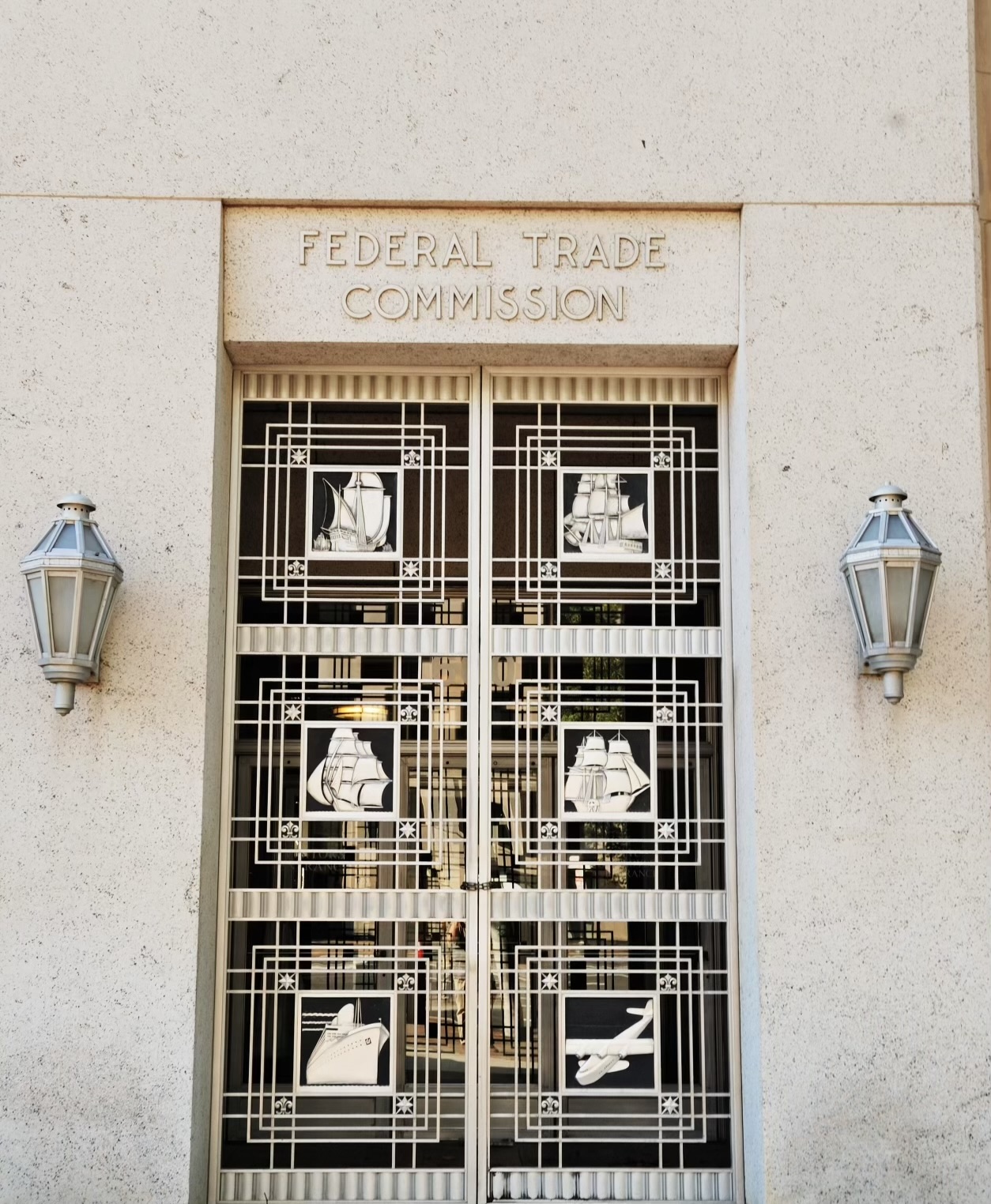Assurance IQ & MediaAlpha to Pay $145 Million for Misleading Health Insurance Consumers, FTC Says
Key Takeaways
- $145 Million in Settlements: Assurance IQ will pay $100 million and MediaAlpha $45 million to settle FTC charges for deceptive health insurance marketing practices.
- Misleading Health Coverage Claims: Both companies misrepresented short-term and limited health plans as comprehensive and ACA-compliant, misleading consumers about costs, coverage limits, and provider access.
- Robocalls and Data Misuse: MediaAlpha sold millions of consumer leads to telemarketers, resulting in robocalls—even to those on the Do Not Call Registry—and used deceptive websites like ObamacarePlans.com to collect data.
- Strict FTC Orders Imposed: The court orders prohibit misrepresentations, require informed consent before charging or collecting personal information, and mandate compliance monitoring and domain forfeiture.
- FTC Targets Lead Generation: The enforcement actions underscore the FTC’s focus on cleaning up deceptive lead generation in health insurance marketing, especially when it harms vulnerable consumers.
Deep Dive
Two major lead generation companies, Assurance IQ and MediaAlpha, have recently agreed to pay a combined $145 million to settle Federal Trade Commission (FTC) charges that they misled millions of consumers seeking comprehensive health insurance and exposed them to a barrage of telemarketing calls and robocalls. The settlements, announced August 7, come in the form of two separate stipulated court orders that will also impose long-term bans on misleading health insurance marketing tactics.
Seattle-based Assurance IQ, founded by Michael Rowell and Michael Paulus, allegedly used aggressive telemarketing tactics to push consumers into buying short-term medical and limited benefit indemnity (LBI) plans (often bundled with telemedicine, dental, and prescription discount plans) under the false impression they were purchasing comprehensive health insurance.
According to the FTC’s complaint, Assurance’s telemarketers told consumers their plans covered preexisting conditions, had no benefit caps, and offered access to wide provider networks, all of which were untrue. In many cases, Assurance also charged consumers without obtaining their express informed consent, a direct violation of the FTC Act and the Telemarketing Sales Rule (TSR).
To resolve the charges, Assurance will pay a $100 million judgment, which will be used to refund affected consumers. The proposed order also bans the company from misrepresenting the costs, coverage, or features of any health plan and bars billing without prior, informed consent. The order was filed in the U.S. District Court for the Western District of Washington.
Flood of Robocalls and False Government Claims
MediaAlpha, Inc., a Los Angeles-based digital advertising firm, and its subsidiary QuoteLab, face similar charges. The FTC alleges that MediaAlpha used misleading domains like ObamacarePlans.com and even paid actors and doctors to falsely promote a “Health Insurance Give Back Program,” which never existed. The company collected approximately 119 million leads in 2024 alone, funneling consumer data to telemarketers who often targeted people on the Do Not Call Registry.
These telemarketers reportedly misrepresented low-cost, ACA-compliant health plans, even though MediaAlpha’s partners rarely offered such coverage. The FTC says MediaAlpha’s actions violated the FTC Act, TSR, and the agency’s Impersonation Rule.
To settle the charges, MediaAlpha has agreed to pay $45 million, relinquish ownership of deceptive domains like GovernmentHealthInsurance.com, and clearly notify users that its health insurance websites are not affiliated with any government programs. The company must also obtain express informed consent before collecting or sharing consumers’ personal data and implement rigorous compliance monitoring for future advertising practices.
“Coherently and systematically addressing unlawful lead generation is a priority for the FTC,” said Christopher Mufarrige, Director of the Bureau of Consumer Protection. “That’s especially so in connection to health insurance, one of the most expensive and important products consumers buy.”
For millions of consumers inundated by misleading ads, robocalls, and hard-sell tactics disguised as official government help, the FTC’s actions may offer some overdue relief, and a warning to lead generators who ignore the rules.
The GRC Report is your premier destination for the latest in governance, risk, and compliance news. As your reliable source for comprehensive coverage, we ensure you stay informed and ready to navigate the dynamic landscape of GRC. Beyond being a news source, the GRC Report represents a thriving community of professionals who, like you, are dedicated to GRC excellence. Explore our insightful articles and breaking news, and actively participate in the conversation to enhance your GRC journey.
Sponsored by






.svg)

.svg)